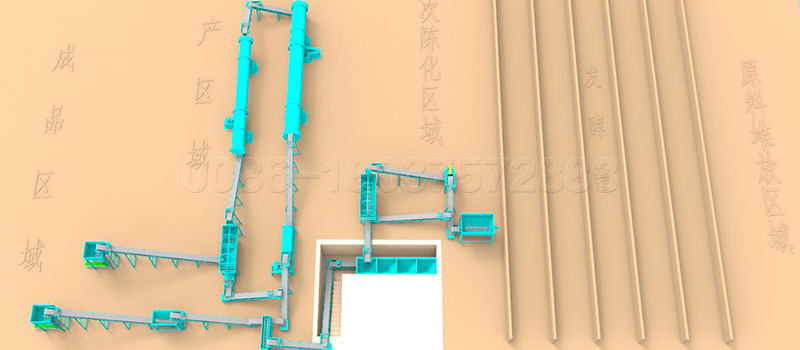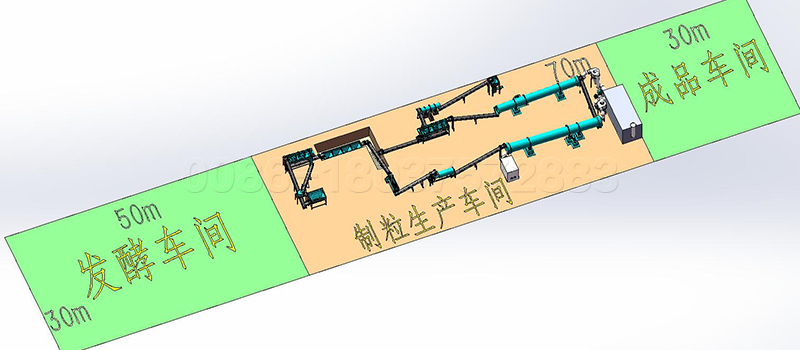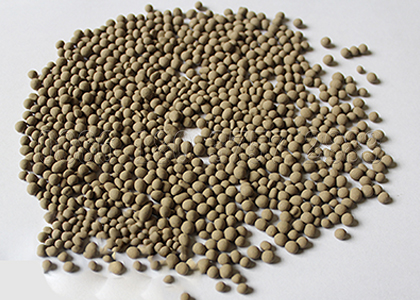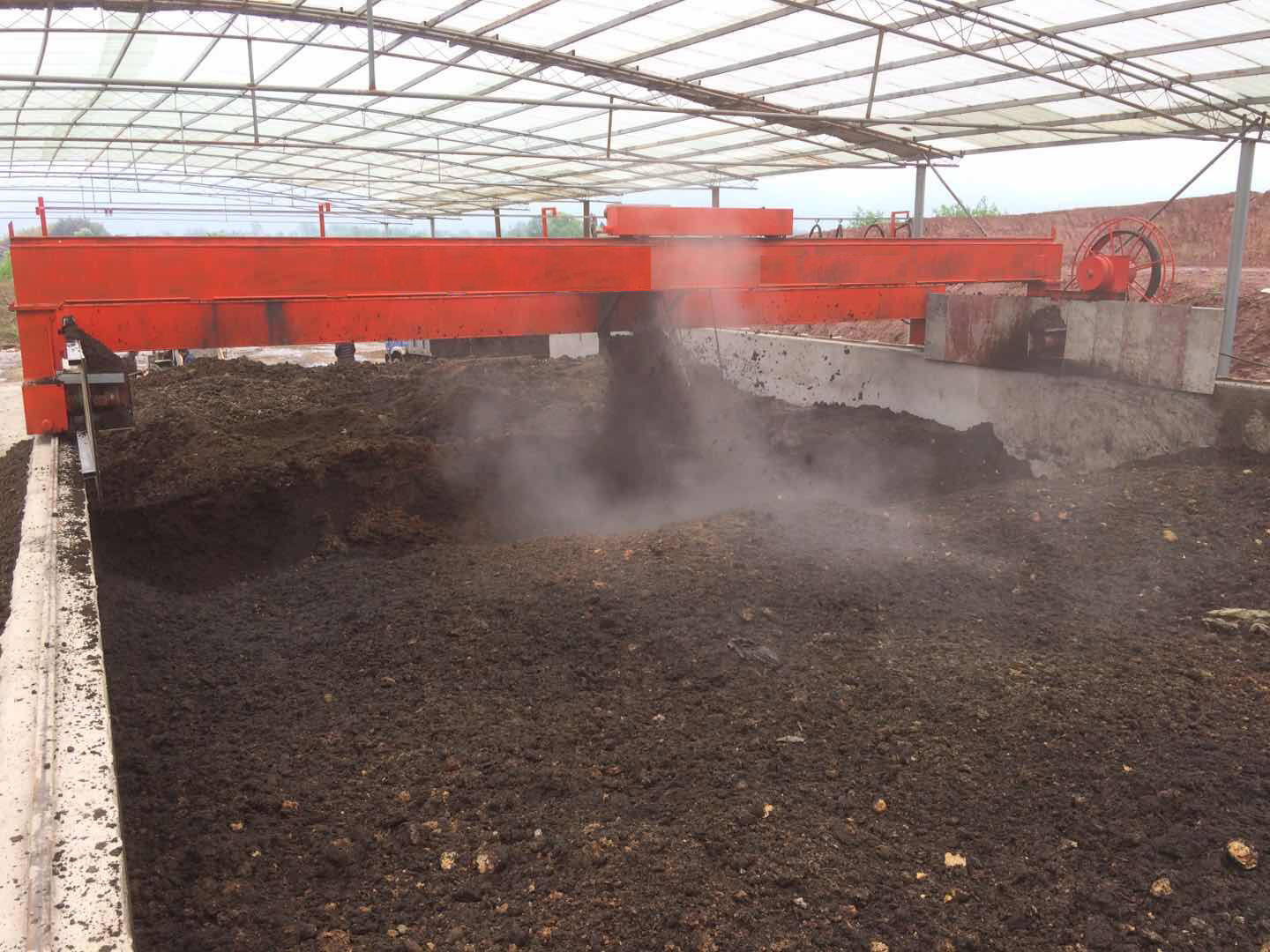Biological fertilizer production takes livestock manure, crop straw, agricultural and sideline products and organic waste from food processing as raw materials, and is equipped with multifunctional fermentation strains. After deodorization, decomposition and dehydration, functional biological strains are added. It is an organic fertilizer containing a certain amount of functional microorganisms processed by chemicals. In line with the fertilizer principle of producing safe and pollution-free green agricultural products, it is a promising fertilizer variety.

Biological organic fertilizer
The best way to get the best results is when applying bio organic fertilizer:
First, bio organic fertilizer should not be applied too deep into the soil. Too deep will affect the activity of bacteria. Bio organic fertilizer should be applied 10-15 cm below the ground surface.
Secondly, the ratio of bio organic fertilizer to other types of fertilizer including manure (raw chicken manure, etc.) should be reasonable. In the specific application, pay attention to the types of vegetables and soil conditions, calculate first, then mix, and then apply.
In addition, the effect of ditch application of bio organic fertilizer was better.
Main equipment of bio organic fertilizer production line:
1. Fermentation stacker: one of the main supporting equipment of fertilizer mechanical equipment unit, which can turn the pile evenly and improve the fermentation speed.
2. Horizontal mixer: this series of horizontal mixer is a new generation of mixing equipment developed by our company. The machine has high mixing degree and low residue. It is suitable for the mixing of organic fertilizer and inorganic fertilizer.
3. Fertilizer granulator: designed and manufactured by wet continuous propulsion granulation. The machine can not only granulate a variety of organic materials, especially coarse fiber materials that are difficult to granulate by conventional equipment.
4. Disc screen: This machine adopts combined screen, which is convenient for maintenance and replacement. The utility model has the advantages of simple structure, convenient operation and stable operation. It is an ideal equipment for compound fertilizer production.
5. Conveyor: suitable for conveying bulk materials or box like articles in coal, metallurgy, mining, chemical industry, building materials, wharf, warehouse and construction site, especially suitable for environments requiring chemical loading, such as chemical fertilizer plant and cement plant, Saved a lot of people.
More details, welcome go to https://organicfertilizerplants.com/bio-organic-fertilizer-production/




